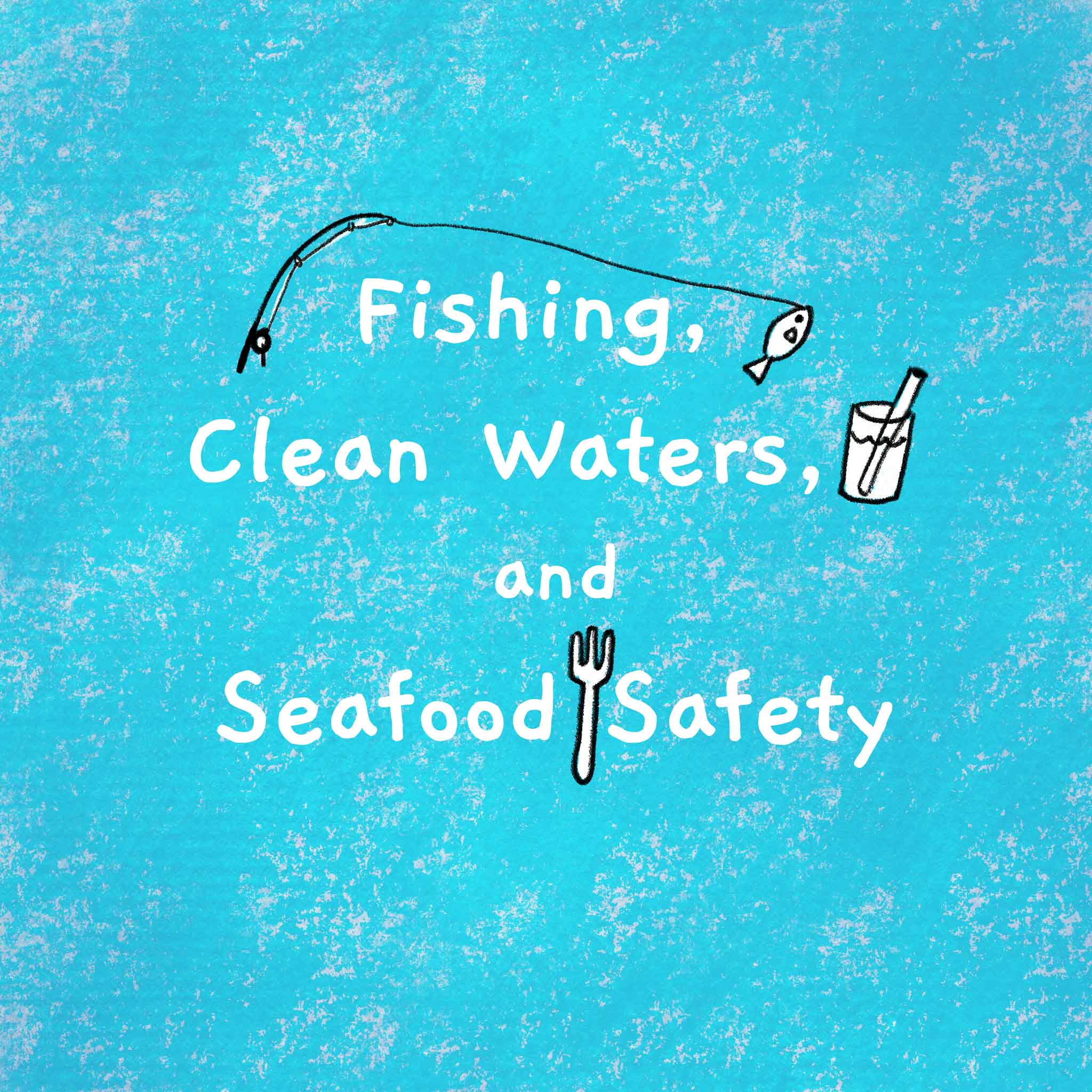
The oceans, covering more than 70% of the Earth’s surface, are vital to the planet’s health and our survival. They regulate climate, provide a significant portion of the oxygen we breathe, and are home to an incredibly diverse array of life. However, human activities have increasingly polluted these vast bodies of water, leading to catastrophic consequences for marine ecosystems and, ultimately, for humanity. The scope and scale of ocean pollution are alarming, with millions of tons of waste being dumped into the seas each year, including plastic, chemical pollutants, and untreated sewage. This pollution is not only an environmental issue but also a serious threat to human health and the global economy.
One of the most pressing issues is plastic pollution. Every year, an estimated 8 million metric tons of plastic enter the ocean, where they break down into microplastics that are nearly impossible to remove. These tiny particles are ingested by marine organisms, from the smallest plankton to the largest whales. The ingestion of plastic can cause severe physical harm to marine life, including blockages in the digestive system, malnutrition, and even death. Moreover, the chemicals in plastics can leach into the water, further contaminating the marine environment and entering the food chain, ultimately reaching humans and posing significant health risks. The long-lasting nature of plastic means that this problem will persist for hundreds, if not thousands, of years, continually harming marine ecosystems.
Chemical pollution is another critical concern. Industrial waste, agricultural runoff, and oil spills introduce a wide range of toxic substances into the ocean. Heavy metals like mercury and lead, along with persistent organic pollutants like PCBs, accumulate in the tissues of marine organisms. These toxins can cause long-term damage to marine species, affecting reproduction, growth, and immune systems. When humans consume seafood contaminated with these toxins, it can lead to severe health problems, including neurological disorders, cancers, and developmental issues in children. The widespread use of agricultural chemicals like pesticides and fertilizers also contributes to the creation of “dead zones,” where oxygen levels are so low that most marine life cannot survive. These zones disrupt ecosystems, harm fisheries, and further degrade the health of the ocean.
The dangers of ocean pollution extend beyond the immediate health of marine life and human beings; they also threaten the overall stability of marine ecosystems. Coral reefs, often referred to as the “rainforests of the sea,” are particularly vulnerable to pollution. Chemicals and nutrients from agricultural runoff can lead to algal blooms, which smother coral reefs and deplete oxygen levels in the water, creating “dead zones” where marine life cannot survive. The loss of biodiversity and the collapse of these ecosystems can have far-reaching consequences, disrupting food chains and leading to the decline of fisheries that millions of people rely on for their livelihoods and sustenance. In addition, the degradation of coral reefs and other marine habitats contributes to the loss of coastal protection against storms and erosion, making human communities more vulnerable to the impacts of climate change.
Addressing ocean pollution requires global cooperation and urgent action. Reducing plastic use, improving waste management, and enforcing regulations on industrial discharges are crucial steps. Additionally, supporting initiatives to clean up existing pollution and restoring damaged ecosystems can help mitigate the damage already done. International agreements, such as the United Nations’ efforts to combat marine pollution, play a crucial role in coordinating global responses. Public awareness and education are also key to driving change, as individuals, communities, and industries must all be part of the solution. The health of our oceans is inextricably linked to the health of our planet and our own well-being; protecting them is not just an environmental issue, but a matter of survival. The time to act is now, before the damage becomes irreversible and the consequences for all life on Earth become even more severe.